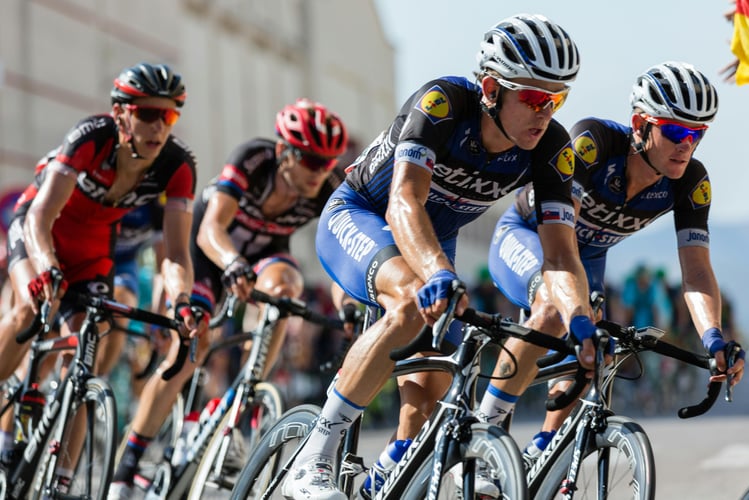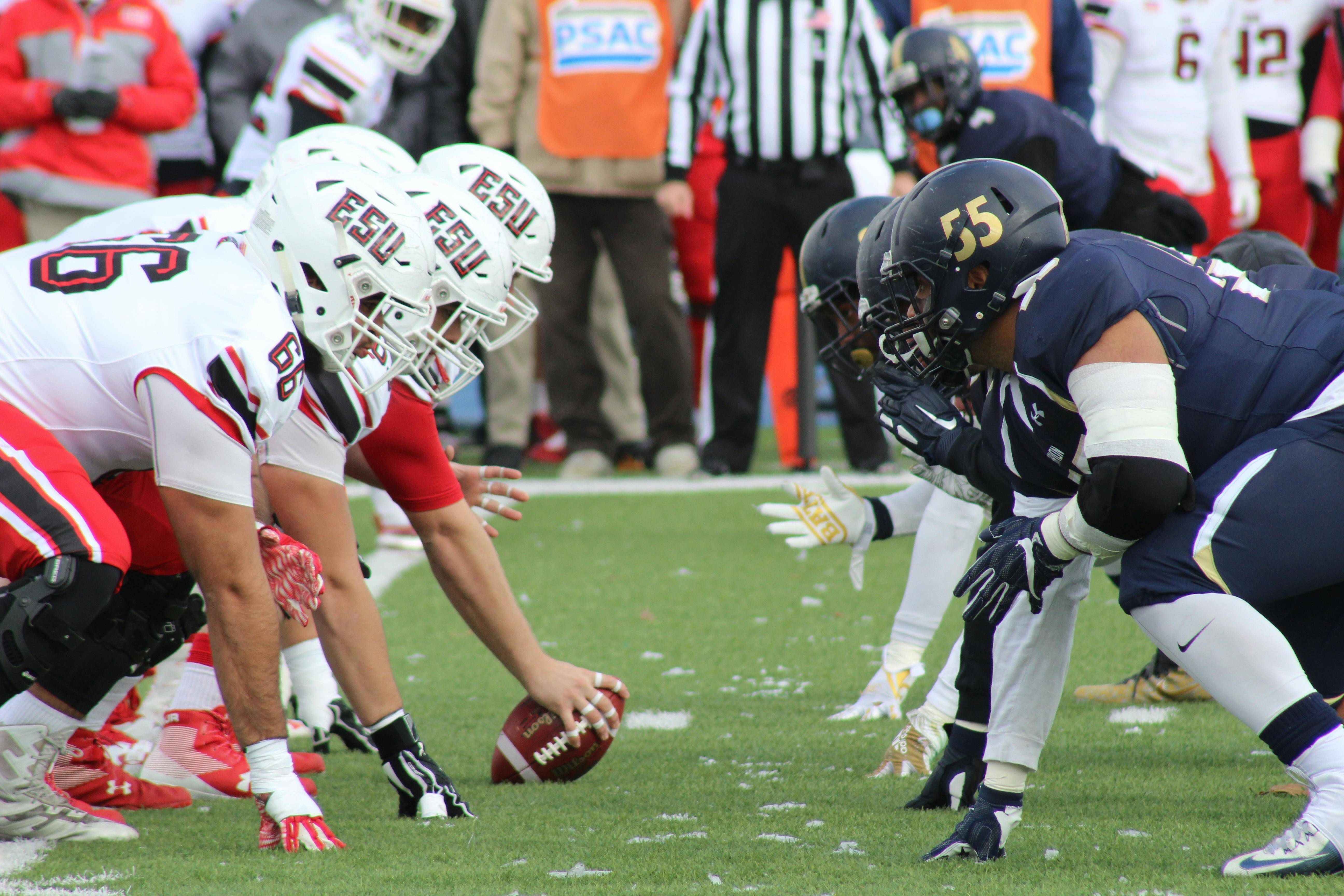Part 2: Avoid Performance Errors by Learning From Elite Sports

In Part 2 of ‘AVOID PERFORMANCE ERRORS BY LEARNING FROM ELITE SPORTS’, co-author Karen Meager, discusses why there is a need to improve following up, trust, and collaboration skills.
Lack of follow-up
Elite sportspeople always follow-up after a game or race. They analyse who did what, what went well and what could be improved. There is data on each team member and in F1, each engine and tyre. Nothing is left unexplained.
Whilst some organisations can over-engine follow-up processes, which can make them onerous and time-consuming, others really struggle with some basic follow-up. When you are working towards performance, it’s very easy for details and actions to get lost or out of sync, so having some way of tracking and following up can make all the difference. It’s not just a basic organisational process, lack of follow-up can lead to lack of clarity and cause unnecessary frustration and resentment - all emotions that consume energy and do not help with performance.
You do not need to have the most up to date, all singing and dancing project management tool to create enough follow-up, even just consistently implementing the following can make a big difference:
- Use tools and technology to keep track of key things you need to follow up and have a separate ‘follow-up list’ from your to do list.
- Set clear expectations and give a ‘why’ for short deadlines.
- Avoid arbitrary or false deadlines.
- Have conversations with others about why things haven’t been done, avoid going into blame mode.
Low levels of trust
essential in elite sports. Just as everyone has a role to play, the most effective and high performing teams instinctively know where their teammates will be on the track or pitch. The same goes for management. Coaches build trust with their players which helps them understand why decisions that they may not like have been made.
Aside from the obvious benefits of creating trust in an organisation, if people do not trust each other, they will spend more time checking, questioning, trying to understand and challenging. This can be a huge waste of time and energy. Creating trust is not about being nice, or telling people what they want to hear. It’s about being honest and consistent. Trust is frequently eroded by well-meaning leaders who say all the right things but then never deliver them.
Poor collaboration skills
When an elite team reaches the final stages of a tournament, they are there because they’ve already learnt how to collaborate. That’s what pre-season and training camps are for. It’s here that they learn how to understand each other and find their rhythm. In organisations collaboration sounds nice but is fraught with difficulties. People have competing priorities, complex interdependencies and their own personal needs, working with other people can be a drain.
The problem is that you often need people to collaborate well at a key moment, usually when you are up against it - and these are times when human beings are rarely at their best. The good news is that you don’t need the whole team to be qualified psychologists to be effective. If you prioritise the development of key collaboration skills and have strong leadership in place, your team can thrive even when under pressure. Some key considerations are:
These errors are not easy to solve, but even marginal improvements in each of these areas will have a knock-on effect to your ability to improve and sustain performance.
By Karen Meager is co-author of ‘Rest. Practice. Perform. What elite sport can teach leaders about sustainable wellbeing and performance’.
About the Author
Karen Meager is co-author of ‘Rest. Practice. Perform. What elite sport can teach leaders about sustainable wellbeing and performance’. Karen takes the latest scientific and academic thinking and makes it useful and easy to apply. Her approach is grounded in research and professional practice that spans 20-plus years.
Karen holds Masters degrees in psychology and health research, and her specialist research area is mental health and burnout in organisations. Karen’s goal with ‘Rest. Practice. Perform.’ is to help leaders and organisations find a working rhythm that delivers top performance whilst also prioritising people and their health.




